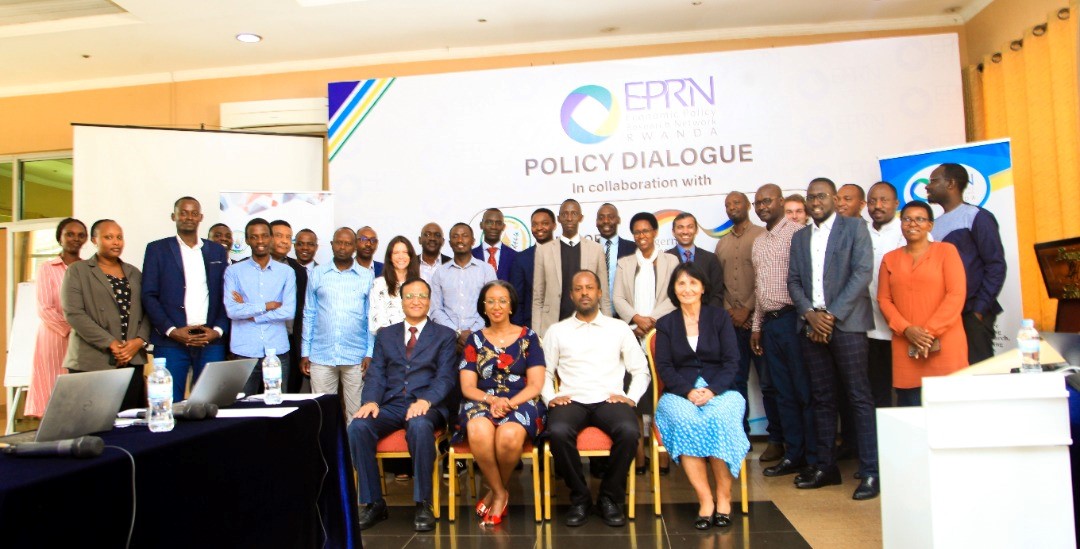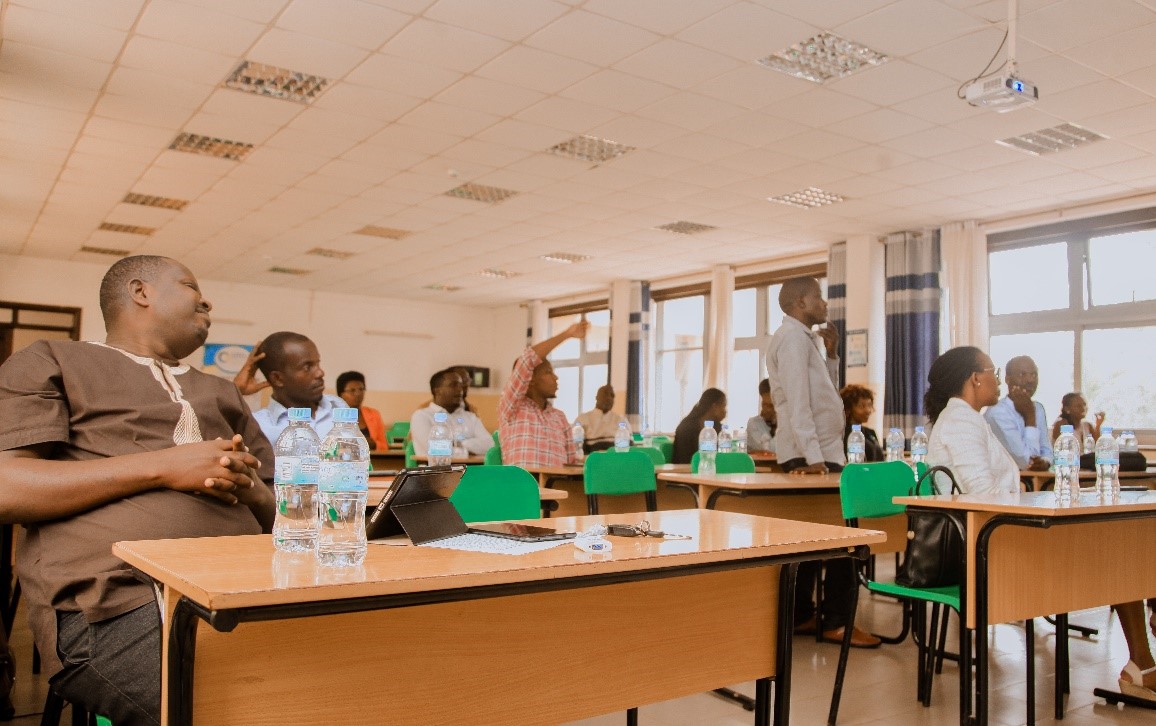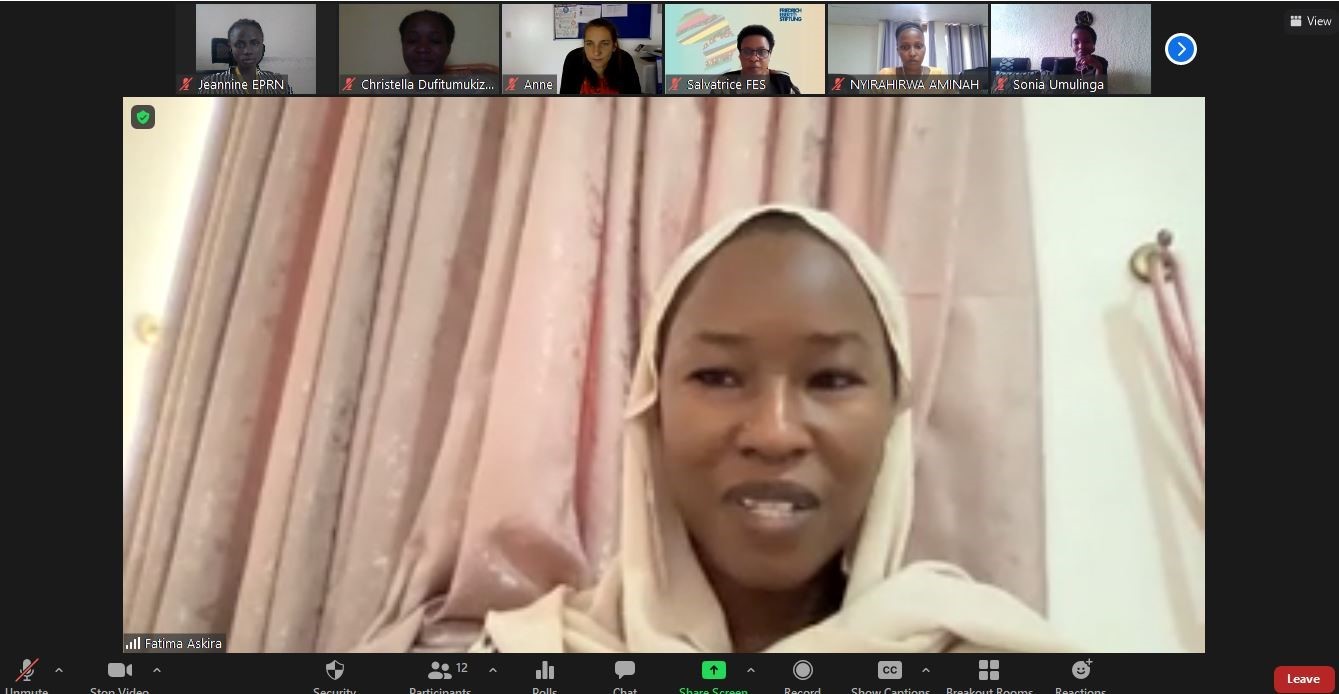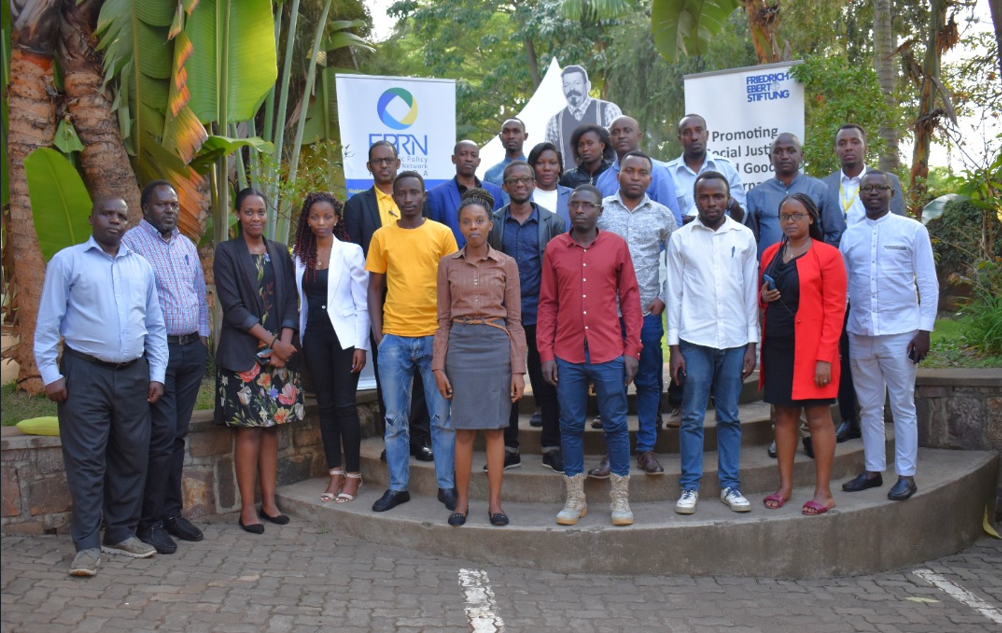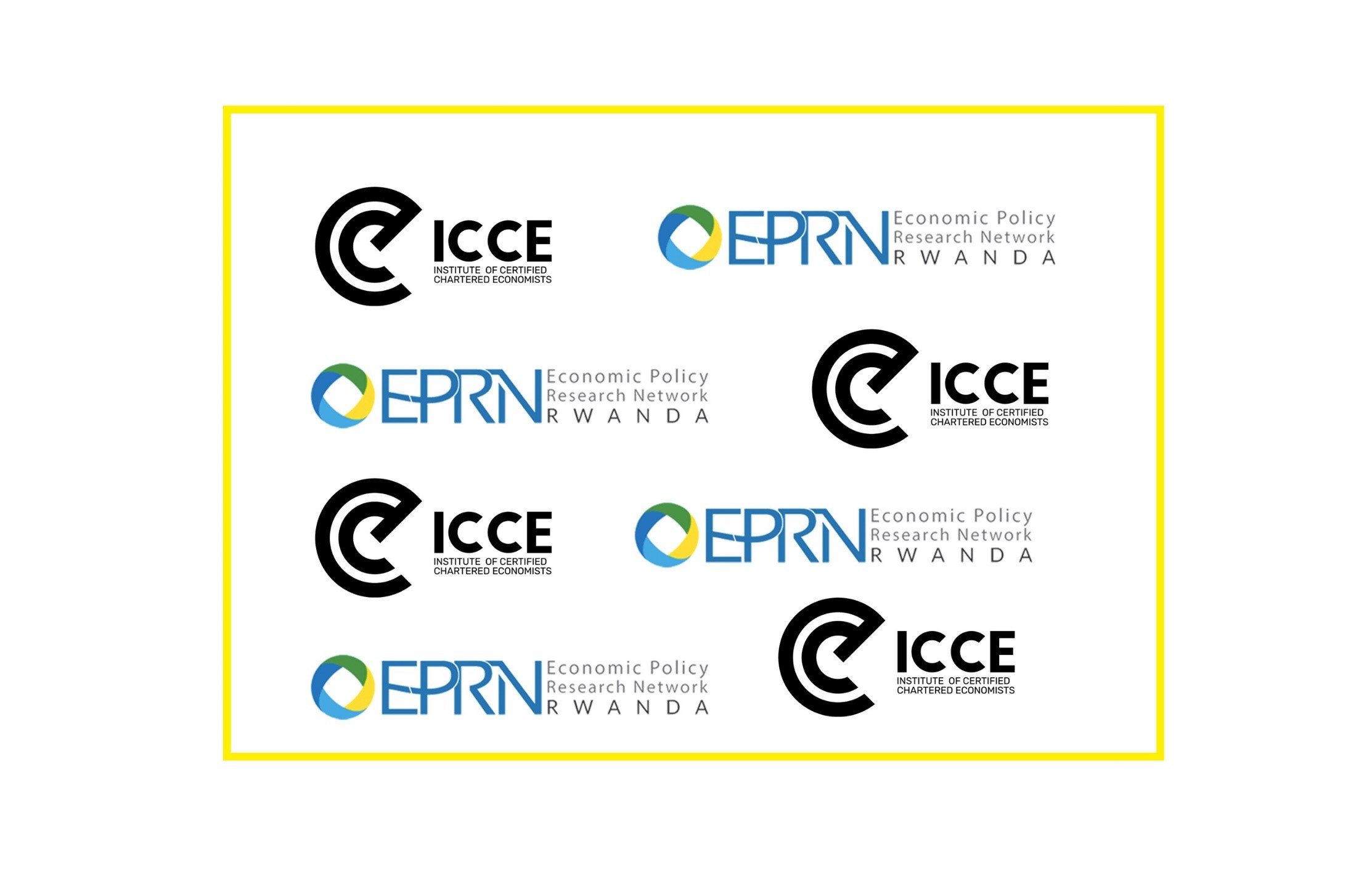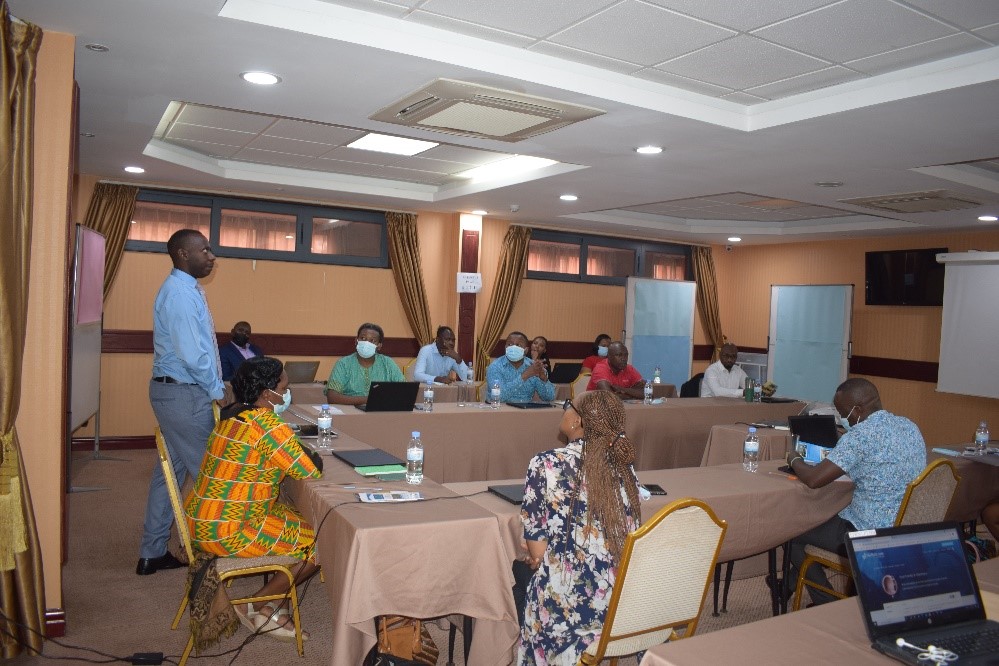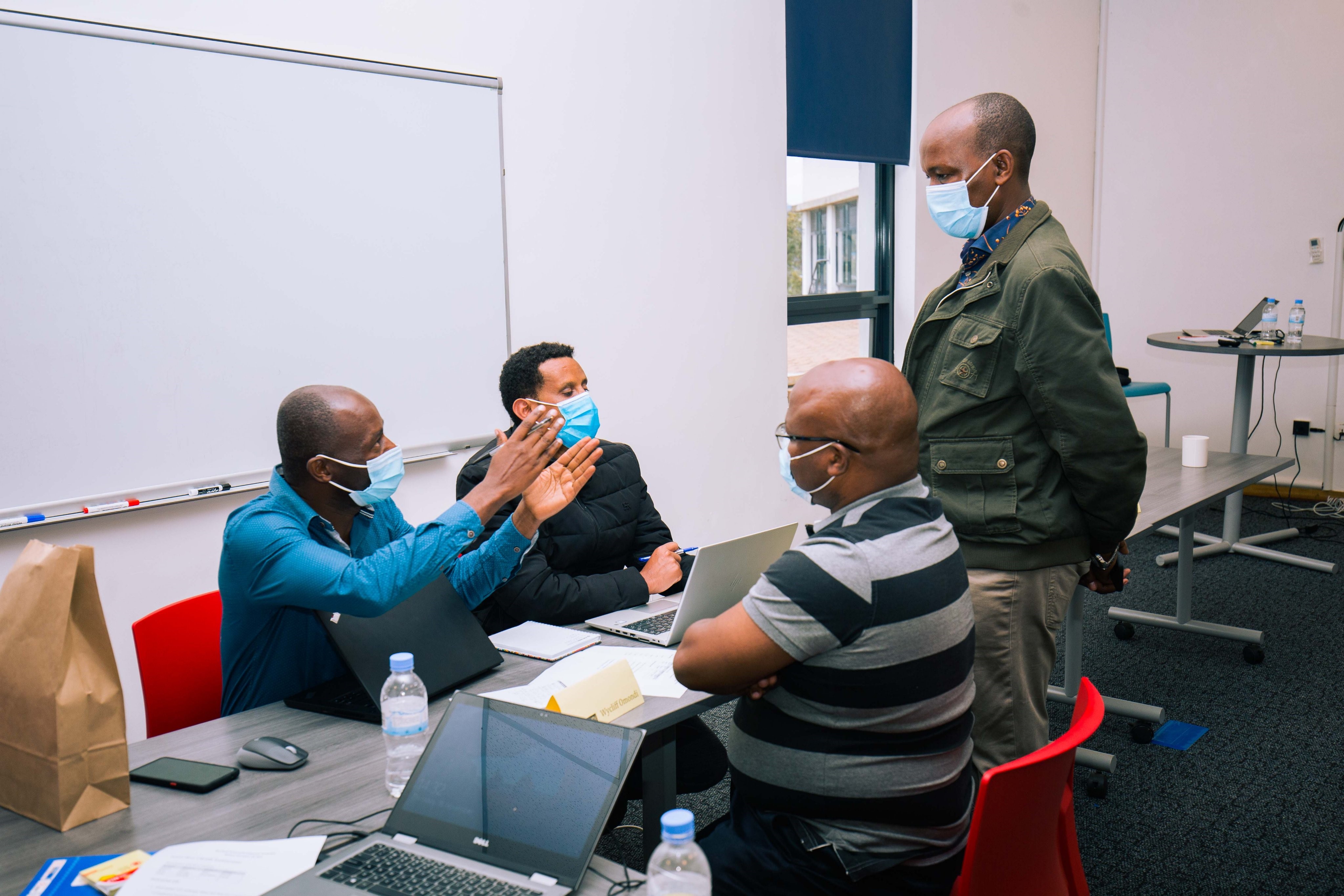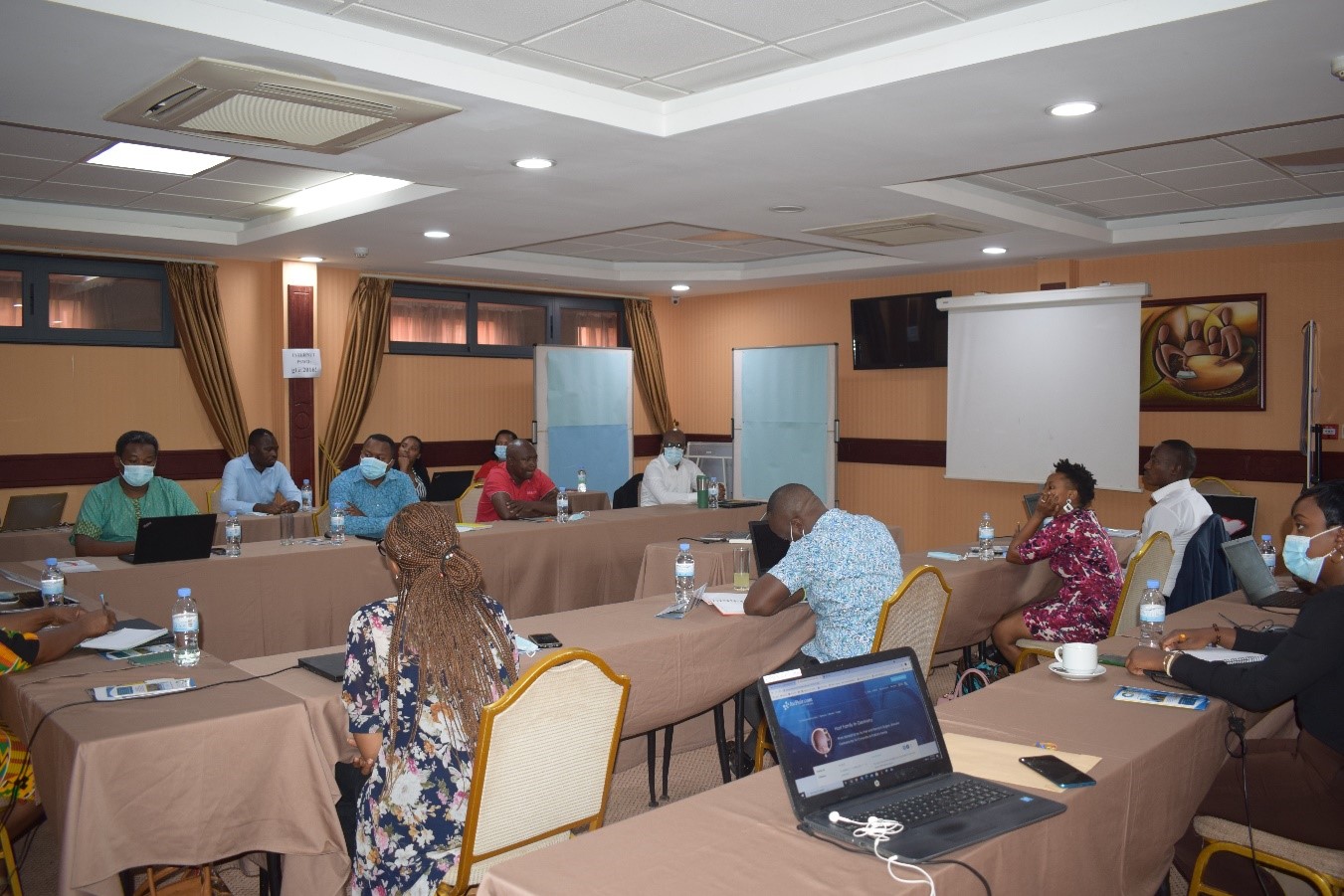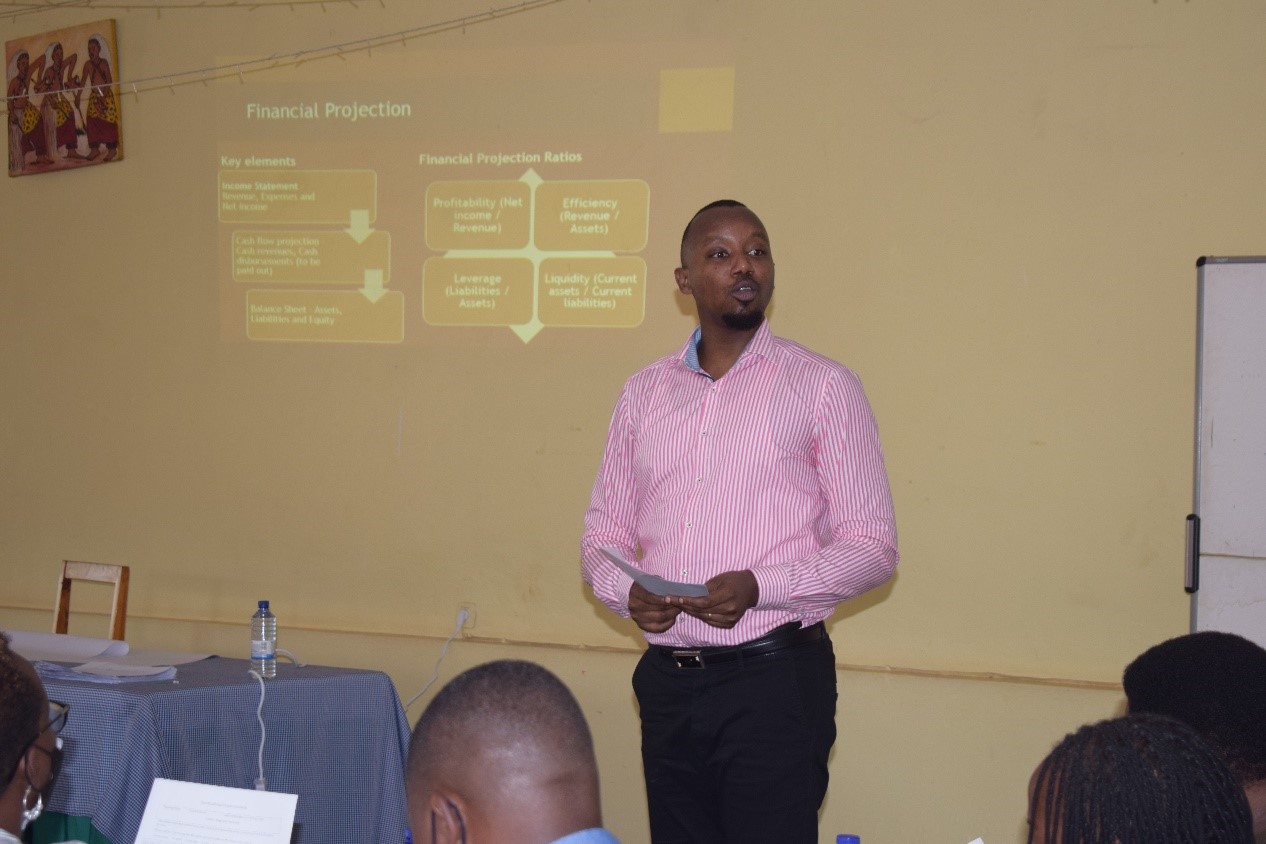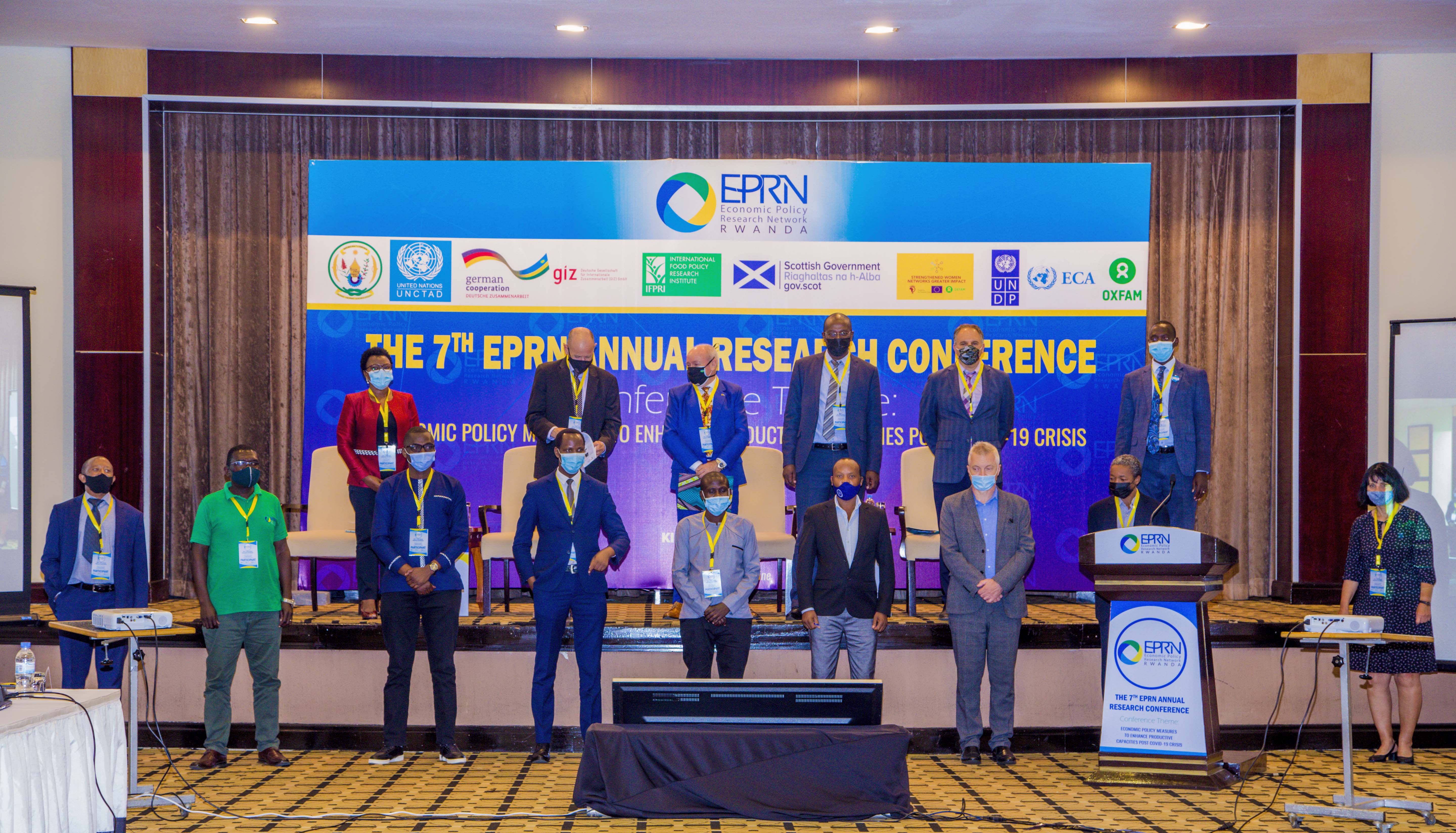Policy Dialogue on Medium-Term Revenue Strategy
Dates : December 2nd, 2022 ; 9am-1pm
Venue : Lemigo Hotel
1. Background
The Medium-Term Revenue Strategy is a comprehensive approach for undertaking effective tax systems reform for boosting tax revenues and improving the tax system over the medium term through a country-led and whole-of-government approach. The MTRS was introduced in the 2016 PCT report on Enhancing the Effectiveness of External Support in Building Tax Capacity in Developing Countries.
A medium-term and comprehensive approach to reform the tax system’s components is beneficial because :
• A medium-term tax policy enables governments to have a clearer picture of their likely revenues over a meaningful planning period, and taxpayers to have more certainty on how they will be treated and what the tax implications of their investment and other decisions will be.
• Tax priorities are too often driven by short-term considerations. Commitment to reforms over the medium term can help prioritize intermediate objectives, such as increasing the number of high-value taxpayers.
• Institution building in tax administration is complex and needs sustained effort over several years.
• The legal framework requires a timely change to support evolving policy and administration.
• Successful reform requires continued commitment and trust among a wide range of stakeholders.
The MTRS provides a setting to achieve all these critical goals. An MTRS does not mean that benefits come only in the medium-term ; it also provides the setting for short-term measures that are of high quality and consistent with the vision of fundamental improvement.
The Economic Policy Research Network (EPRN) in collaboration with the Ministry of Finance and Economic Planning (MINECOFIN) and the Deutsche Gesellschaft für Internationale Zusammenarbeit (GIZ) ; is organizing a Policy Dialogue on Medium-Term Revenue Strategy.
The purpose of this policy dialogue is to brainstorm on the objectives of the MTRS, the consultation process, perceptions of the tax system today and what they envisage a good tax system of the future looks like.
2. MTRS : Where is Rwanda going ?
This presentation will aim to describe and explain the medium-term revenue strategy approved by GoR earlier in 2022. It will start from Rwanda’s economic ambitions and the current fiscal context to explain the motivation for raising more revenue. The MTRS itself is founded on four principles, which will be explained – revenue collection is not an ultimate objective, but broader socioeconomic outcomes are. There are several reforms proposed and agreed upon in principle under the MTRS, and the presentation will outline the rationale for those plans. One which has already been implemented will be the key topic of discussion in the next presentation.
The presenters look forward to engagement from the attendees on the objectives of the MTRS, the consultation process, perceptions of the tax system today and what they envisage a good tax system of the future looks like.
3. Reforming taxes on workers
This presentation will focus first on a reform to taxes on workers that was legislated in October 2022. It will elaborate on the policy-making considerations – from the revenue needs of government to the equity perspective and broader messages sent out by the tax system. From the technical perspective, the presenters will show how administrative data has been converted into usable information for policymakers, and what trade-offs were chosen by government as a result.
The second part of this presentation will engage a broader group of stakeholders on how the formal labour market monitoring by the tax policy team informed the response to Covid-19 and can be useful for other policymakers too. For example, the tax policy team monitors salary growth and job creation at the sector level to understand the long-term trends as well as the response to Covid-19 and other shocks.
4. Time and venue
The policy dialogue is planned on December 2nd, 2022 ; 9am-1pm at Lemigo Hotel.





